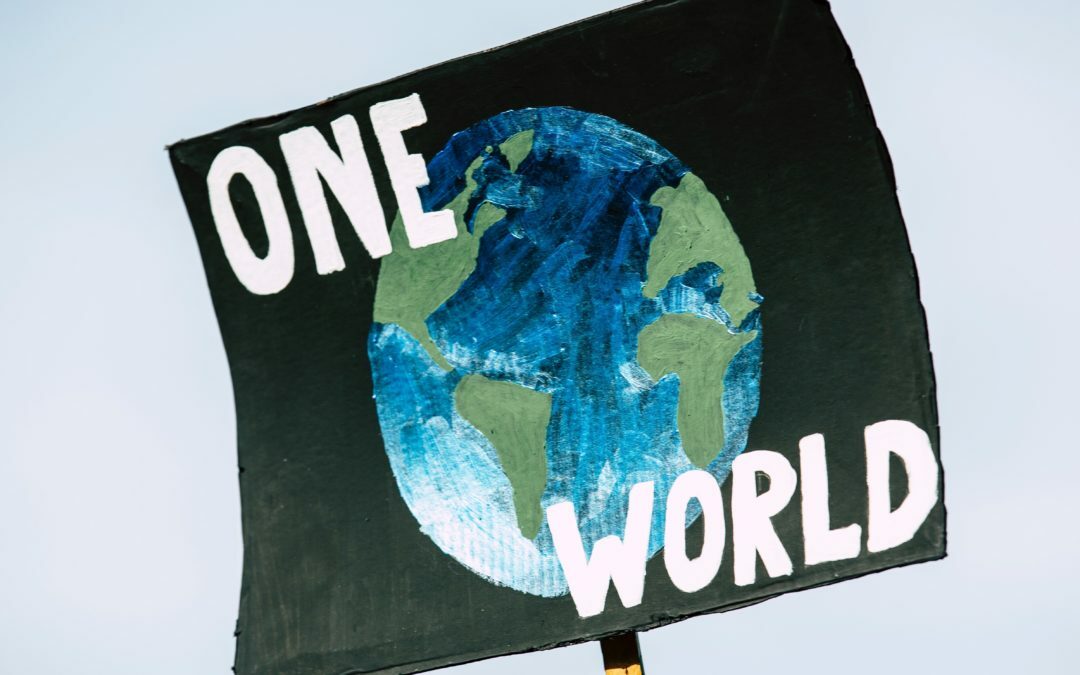“Think first of the action that is right to take, think later about coping with one’s fears.” – Barbara Deming
The recent outbreak of the coronavirus (COVID-19) has brought with it not only dangerous and deadly consequences, but widespread unpredictability. On a global scale, (most) people are experiencing fear, anxiety, and stress as a result of this pandemic. Families are shifting their lives around to accommodate for school and work closures. Hospitals and healthcare workers are overrun with tending to coronavirus-related cases. Some individuals might even be permitted from saying goodbye to their elderly loved ones in hospice care. With all these drastic and sudden changes, how can we learn to adjust to this new norm of living in the unknown?
Although I haven’t been directly impacted by the virus, I am seeing a noticeable level of anxiety, both in my office and virtually. In fact, some of my clients have opted to do more virtual counseling sessions over the next few weeks or so as a way to practice social distancing; others still prefer the in-person interaction of coming to my office to preserve some sense of normalcy in their lives (while keeping a safe distance, of course). Things are now very different with regard to our everyday lives, which means we need to learn to adjust with them.
I’m guessing that this forced “slow down” time is something a lot of people haven’t ever experienced. Naturally, this adjustment can be uncomfortable and challenging at times – yet it can also be good for us. Throughout these precarious times, there are opportunities to connect with the ones we love on a deeper level (whether at home or virtually), get those projects done, organize the house, and exercise more; on another level, we can embrace this quiet period to reflect on what’s really important in life.
You may be asking yourself how this is possible, given the current circumstances…
With the flurry of news coverage and social media activity, it’s difficult not to worry. If you’re feeling anxious, or unable to focus on anything but the virus (or it infecting you or your loved ones), it might be a good idea to start combatting this by limiting your media consumption. Too much negativity can subconsciously tax our well-being. Try watching only the evening news or researching coronavirus content for an hour a day, for example. When you’re feeling stressed, take deep, intentional breaths and visualize your happy place. Stay there for several minutes. You may even find that you become more aware of your breathing as a result.
Further, think of this as an opportunity for reflection, improvement, and production. It’s also a chance to spend more time at home with your family in different ways, such as playing games, cooking, or doing artwork together. You can also connect with friends and loved ones who don’t live with you through FaceTime, Zoom, or other video conferencing programs. It is possible to connect and stay connected through social distancing. Other mind-occupying and productive activities include planting a garden, practicing an instrument, reading a book, organizing your house, walking the dog, meditating, working on a craft project, and doing some yoga postures. You could also offer help to neighbors or others who aren’t able or healthy enough to run a quick errand – which can be quite a welcomed distraction.
We’re all wondering what’s going to happen in the days to come. Everybody is experiencing some form of anxiety, and each of us can do our part by being responsible, safe, and (especially) kind.
Kris and I send out our love and prayers to all those who have been directly affected by this devastating virus.
TAKE-AWAY: Although the effects of coronavirus can be isolating, keep in mind that this is a shared global issue. Everyone on the planet is affected by this outbreak in one way or another. Whether you’re practicing social isolation, feeling the coronavirus symptoms, or the loss of a loved one, remember that we’re all in this together. It’s vital that we remain positive, patient, and kind towards one another, especially during these unpredictable times.
If you’re experiencing anxiety, depression, or difficulty adjusting to the effects of the coronavirus, and would like to schedule a virtual or in-person session, please send me an email or give me call at 402.881.8125.
For updated and current information about COVID-19, visit the CDC or WHO websites.
For further reading about the importance of social distancing, please click here.


